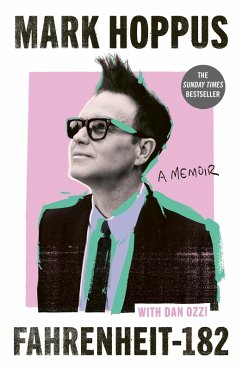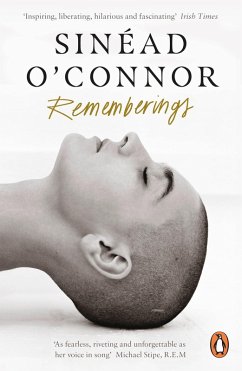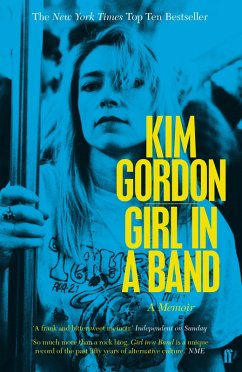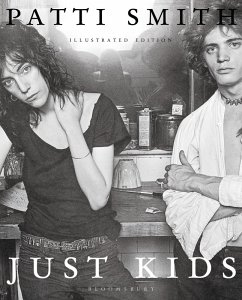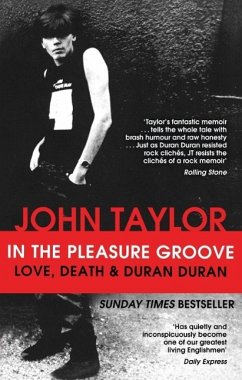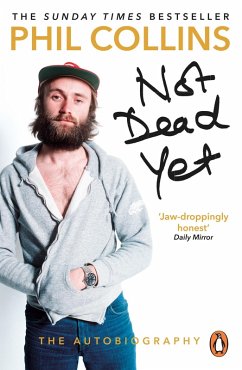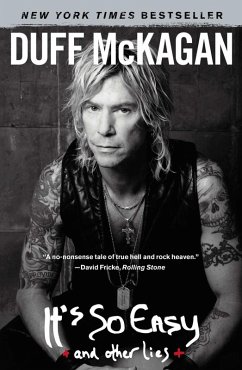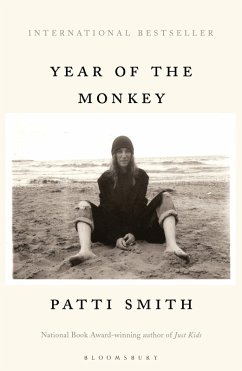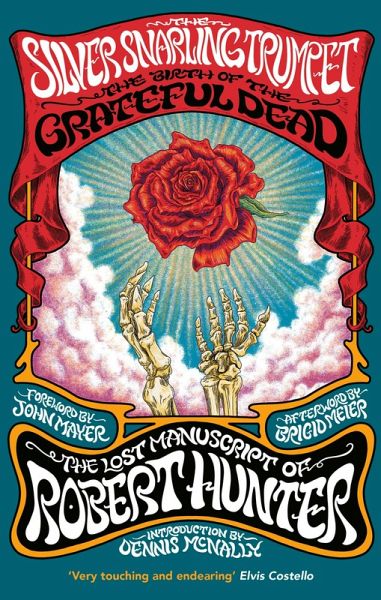
The Silver Snarling Trumpet (eBook, ePUB)
Versandkostenfrei!
Sofort per Download lieferbar
2,99 €
inkl. MwSt.
Weitere Ausgaben:

PAYBACK Punkte
0 °P sammeln!
Discovered at last, the legendary lost manuscript of Grateful Dead co-founder and primary lyricist Robert Hunter, written in the early 1960s-a wry, richly observed, and enlightening remembrance of 'the scene' in Palo Alto that gave rise to an incredible partnership of Hunter and Jerry Garcia, and then to the Grateful Dead itself-with a Foreword by John Mayer, an Introduction by Dennis McNally, and an Afterword by Brigid Meier.'Strange to think back on those days when it was perfectly natural that we all slept on the floor in one small room . . . These were the days before practical considerati...
Discovered at last, the legendary lost manuscript of Grateful Dead co-founder and primary lyricist Robert Hunter, written in the early 1960s-a wry, richly observed, and enlightening remembrance of 'the scene' in Palo Alto that gave rise to an incredible partnership of Hunter and Jerry Garcia, and then to the Grateful Dead itself-with a Foreword by John Mayer, an Introduction by Dennis McNally, and an Afterword by Brigid Meier.
'Strange to think back on those days when it was perfectly natural that we all slept on the floor in one small room . . . These were the days before practical considerations, matters of "importance", began to eat our minds. We were all poets and philosophers then, until we began to wonder why we had so few concrete worries and went out to look for some.'
So wrote Robert Hunter in The Silver Snarling Trumpet, both a novelistic singular work of art and the missing piece of the Grateful Dead origin story. In these pages, readers are privy to the early days of Hunter, Garcia, and their cohorts, who sit at coffee shops passing around a single cup of bottomless coffee because they lacked the funds for more than one. Follow these truth-seeking souls into the stacks at Kepler's Books, renting instruments at Swain's House of Music, and through the countryside on mind-expanding road trips. Witness impromptu jams, inspired intellectual pranks, and a dialogue that is, by turns, amusing and brilliant and outrageous. Hunter shares his impressions of his first gig with Garcia for a college audience, along with descriptions of his most intense dreams and psychedelic explorations. All of it, enlivened by Hunter's visionary spirit and profound ideas about creativity and collaboration.
The lost manuscript is augmented with a Foreword by John Mayer, an Introduction by Dennis McNally, and an Afterword by Brigid Meier, who was part of their scene in the San Francisco Bay Area that served as a bridge from the beatniks to the hippies. Also included is Hunter's own 1982 assessment of his work-about how he shared it with close confidants but then decided to leave it unpublished. Five years after Hunter's death, the text has been found, so readers and fans of Hunter's indelible poetry and song will see the origin of his genius and his craft.
'Strange to think back on those days when it was perfectly natural that we all slept on the floor in one small room . . . These were the days before practical considerations, matters of "importance", began to eat our minds. We were all poets and philosophers then, until we began to wonder why we had so few concrete worries and went out to look for some.'
So wrote Robert Hunter in The Silver Snarling Trumpet, both a novelistic singular work of art and the missing piece of the Grateful Dead origin story. In these pages, readers are privy to the early days of Hunter, Garcia, and their cohorts, who sit at coffee shops passing around a single cup of bottomless coffee because they lacked the funds for more than one. Follow these truth-seeking souls into the stacks at Kepler's Books, renting instruments at Swain's House of Music, and through the countryside on mind-expanding road trips. Witness impromptu jams, inspired intellectual pranks, and a dialogue that is, by turns, amusing and brilliant and outrageous. Hunter shares his impressions of his first gig with Garcia for a college audience, along with descriptions of his most intense dreams and psychedelic explorations. All of it, enlivened by Hunter's visionary spirit and profound ideas about creativity and collaboration.
The lost manuscript is augmented with a Foreword by John Mayer, an Introduction by Dennis McNally, and an Afterword by Brigid Meier, who was part of their scene in the San Francisco Bay Area that served as a bridge from the beatniks to the hippies. Also included is Hunter's own 1982 assessment of his work-about how he shared it with close confidants but then decided to leave it unpublished. Five years after Hunter's death, the text has been found, so readers and fans of Hunter's indelible poetry and song will see the origin of his genius and his craft.
Dieser Download kann aus rechtlichen Gründen nur mit Rechnungsadresse in A, B, BG, CY, CZ, D, DK, EW, E, FIN, F, GR, HR, H, IRL, I, LT, L, LR, M, NL, PL, P, R, S, SLO, SK ausgeliefert werden.




